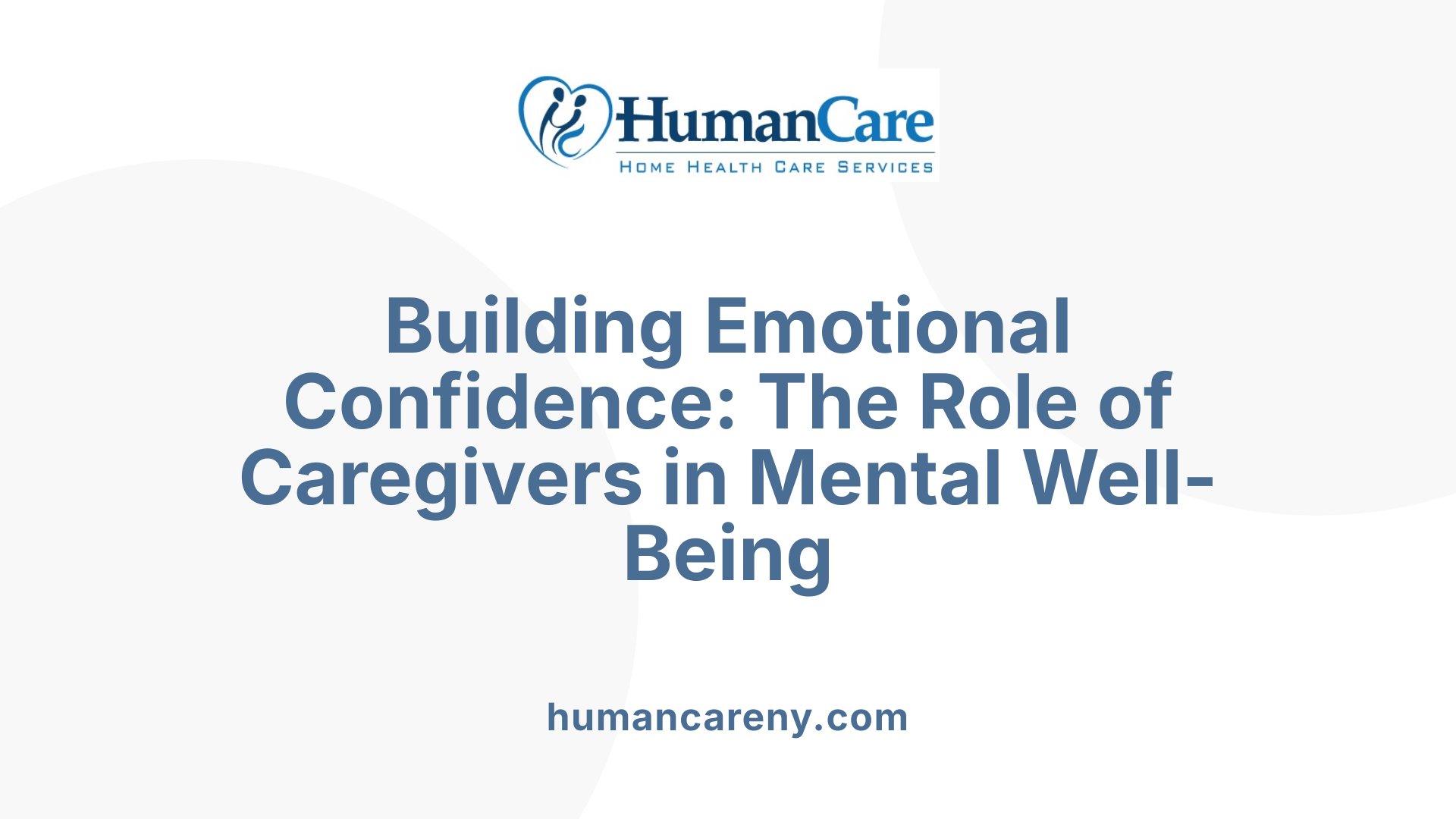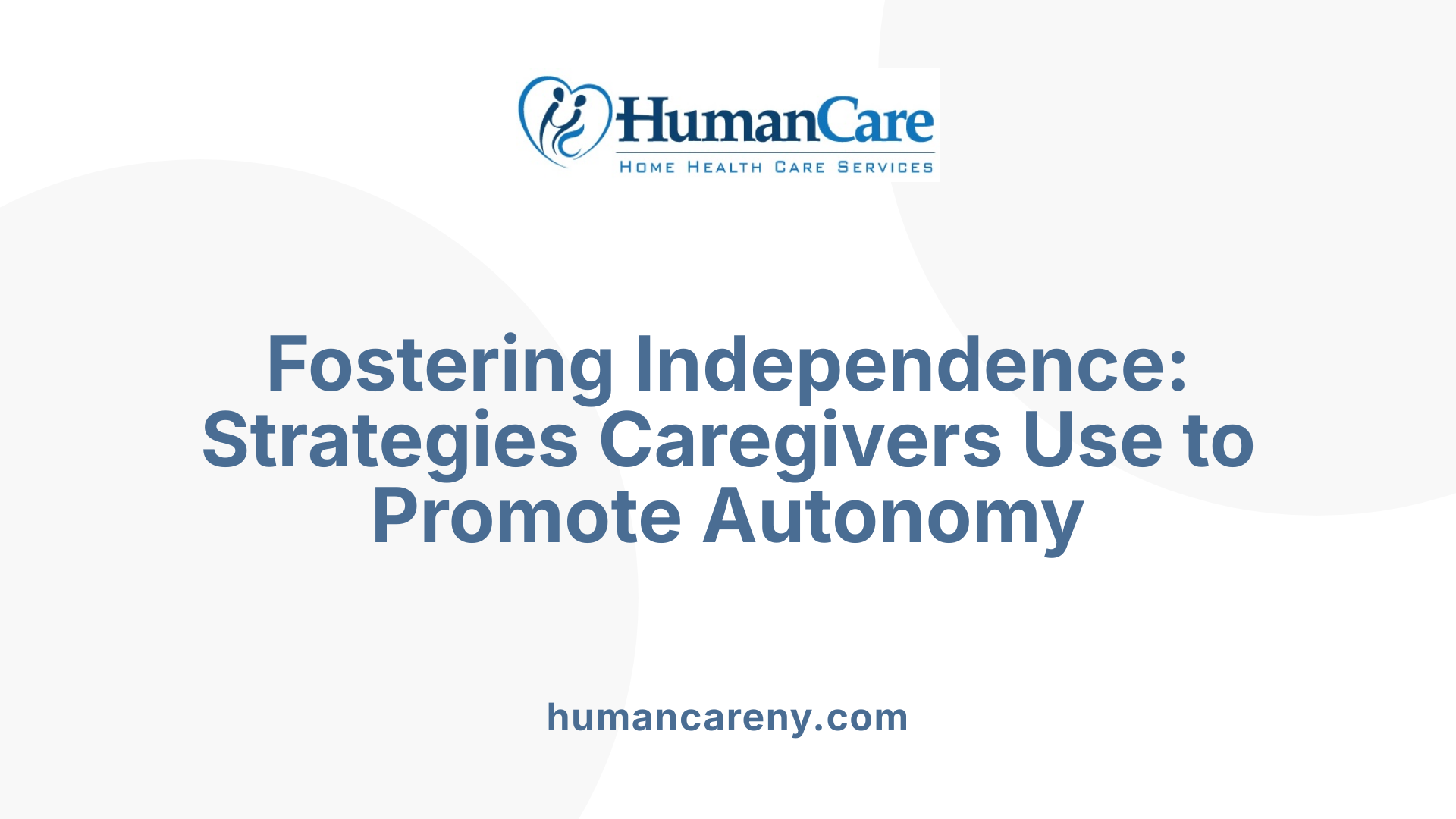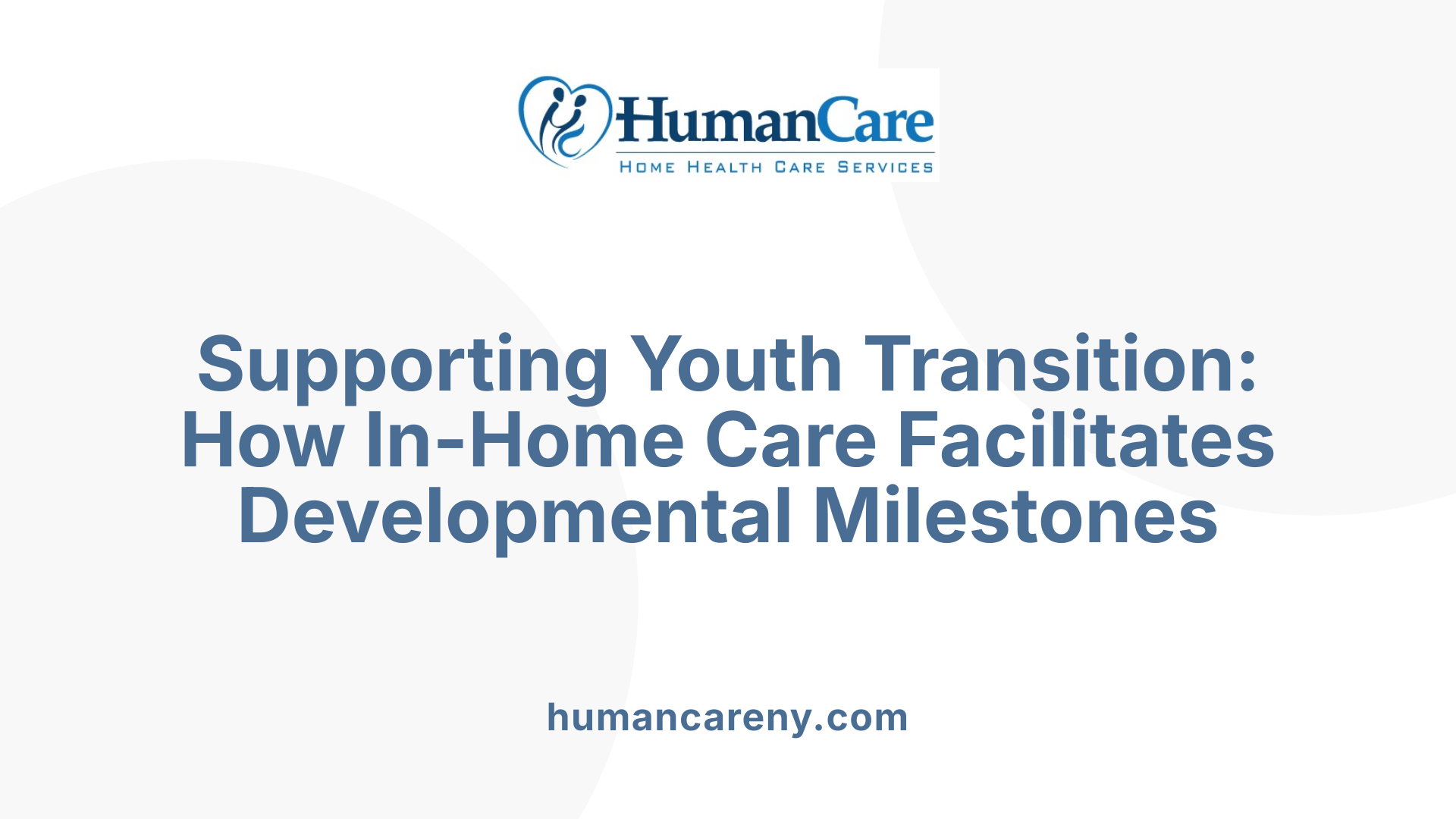Nurturing Independence in Young Lives
In-home care plays a pivotal role in fostering independence among adolescents by providing personalized, supportive environments that cultivate essential life skills, emotional resilience, and social competence. This article explores how tailored care services, emotional guidance, and community engagement empower young people to transition confidently into adulthood, highlighting the strategies, benefits, and evidence underpinning these transformative effects.
Personalized Support Enables Skill Development

How does in-home care support adolescent independence?
In-home care plays a crucial role in helping young people develop independence by providing tailored support within a familiar, safe environment. This setting allows adolescents to practice essential life skills like self-care and household management under the supervision of trained caregivers.
A key benefit of in-home care is its flexibility in addressing individual needs, including managing ongoing health conditions, disabilities, or neurodivergence. Caregivers offer personalized assistance, which helps youths gain confidence as they learn to handle daily activities and responsibilities.
Through consistent support, young people have opportunities to try new tasks, make decisions, and learn from their experiences, all while feeling safe and supported. This environment fosters resilience and self-reliance, empowering adolescents to navigate their world more independently.
Safety and supervision are central to in-home care, enabling young people to take on responsibilities with minimized risk. Caregivers can adapt the environment to suit evolving needs, facilitating gradual independence.
Overall, in-home care nurtures confidence and autonomy by balancing guidance with the chance for young people to practice skills. It helps them develop critical abilities needed for adulthood, ensuring a smoother transition into independent living.
Building Emotional Confidence through Caregiving

How do caregivers support mental health among youth?
Caregivers play a crucial role in providing mental health support by understanding and responding to their youths' emotional needs. They help recognize signs of distress, support resilience, and encourage open communication. Tailoring interactions to foster trust encourages youth to share their feelings and experiences.
What stress management techniques can caregivers introduce?
Caregivers can teach effective stress reduction strategies such as goal setting, mindfulness, and relaxation exercises. These tools help youth manage anxiety and emotional overwhelm, contributing to better self-regulation and mental resilience.
How does fostering self-efficacy improve social connectedness?
Supporting young people's ability to solve social challenges and build independence enhances their confidence in engaging with others. Caregivers can teach social problem-solving skills, promote participation in community activities, and support digital literacy. These efforts empower youth to navigate social dynamics, including in online environments where peer pressure and cyberbullying pose risks.
What benefits does in-home care offer in fostering independence among adolescents?
In-home care plays a vital role in fostering independence among adolescents by promoting self-reliance and enhancing decision-making skills through personalized support in their familiar environment. It helps develop routines that improve cognitive, emotional, and social functioning, which are essential for independent living. The structured support provided by skilled caregivers ensures safety, health monitoring, and assistance with daily tasks, enabling adolescents to gain confidence and manage their health conditions effectively.
Additionally, in-home care facilitates emotional well-being and social engagement, as adolescents can feel more comfortable and supported in their own homes. Overall, by combining safety, education, and emotional support, in-home care helps adolescents build the skills and confidence necessary for greater independence in adulthood.
Strategies Employed by Caregivers to Foster Autonomy

What strategies and methods are used by in-home care to promote adolescent independence?
Caregivers utilize a variety of practical strategies to support young people's journey toward independence. Central to these efforts is the development of personalized skill-building plans. These plans focus on enhancing self-regulation, decision-making, and autonomy by encouraging youths to participate actively in managing their own health and daily routines.
Open communication and active listening are vital components. Caregivers create a safe space where adolescents feel comfortable sharing their thoughts and concerns. This dialogue helps build trust and allows young people to feel supported as they navigate challenges.
Shared decision-making is another core approach. Caregivers involve youths in choices about their care, social activities, and future plans. This inclusion fosters a sense of ownership and confidence in their ability to make informed decisions.
Supporting social connectedness is also crucial. Caregivers help adolescents develop social skills, understand digital social interactions, and participate in community activities. These efforts boost social competence and resilience, enabling young people to form meaningful relationships.
The parenting style often employed is authoritative—balancing emotional support with clear boundaries. Caregivers provide guidance while gradually granting responsibilities, which helps adolescents feel secure and capable.
Respecting privacy and promoting meaningful participation in decision-making are essential. Caregivers recognize the importance of mental health support, ensuring that adolescents feel heard and respected.
In summary, caregivers foster independence through personalized plans, open communication, shared decision-making, and authoritative parenting techniques. These strategies collectively empower youths, helping them develop confidence, resilience, and the social skills necessary for a successful transition into adulthood.
Facilitating Transitions and Supporting Developmental Milestones

How do in-home care programs support youth development and facilitate smooth transitions into adulthood?
In-home care programs play a crucial role in nurturing youth by providing personalized support tailored to each individual’s needs. These programs focus on fostering independence and self-sufficiency through a strengths-based approach. Youth benefit from life skills coaching that covers areas such as financial literacy, job readiness, housing stability, and daily self-care. This hands-on guidance helps prepare young adults for the challenges of independence.
A key element of these programs is building strong, lasting relationships with trusted adults like case managers and healthcare professionals. These connections offer emotional stability and serve as a reliable support network during transitional phases.
In addition, in-home care services often work closely with community organizations, schools, and government agencies to connect youth with essential resources. This includes access to education, healthcare, mental health services, and employment programs. Such integration ensures a comprehensive support system that addresses multiple facets of a young person’s development.
Moreover, regular mentorship and developmentally appropriate experiences empower youth to learn and practice skills necessary for adult life. The programs encourage gradual independence while maintaining safety and guidance, making transitions smoother and more manageable.
Overall, in-home care programs aim to equip young adults with the tools and confidence to navigate the complexities of adult life, fostering resilience, stability, and a sense of empowerment.
| Program Aspect | Support Provided | Outcomes |
|---|---|---|
| Personalization | Tailored life skills coaching | Empowered youth capable of managing independent living |
| Relationship Building | Long-term mentorship with trusted adults | Emotional stability and support during transition |
| Resource Coordination | Connecting to education, health, employment services | Access to essential resources for success |
| Development Focus | Skills in financial management, housing, self-care | Increased readiness for adult responsibilities |
Understanding and investing in these comprehensive supports can significantly impact the successful transition of youth into independent and fulfilling adult lives.
The Evidence Supporting In-Home Care's Role in Fostering Independence
In-home care plays a vital role in nurturing independence among adolescents, especially those with chronic health conditions or disabilities. It provides personalized support that encourages youth to develop essential self-management skills, such as understanding their medical needs, medication routines, and daily health management. For example, young individuals with conditions like osteogenesis imperfecta benefit from tailored guidance that empowers them to take charge of their health.
Caregivers also help adolescents build social networks and improve their social skills, which are crucial for successful independent living. Through activities like goal setting and encouraging social participation, caregivers foster self-efficacy and confidence. They monitor and support social interactions both offline and online, helping youths navigate peer relationships and online risks.
Moreover, caregiver involvement fosters emotional resilience by providing consistent support during social distress and promoting problem-solving strategies. These efforts help youths develop independence, resilience, and trust in their abilities to manage life's challenges.
Despite challenges and gaps in service provision, current evidence highlights that in-home care equips adolescents with critical skills needed for adulthood. It encourages self-trust, independence, and social competence, laying a foundation for a successful transition into independent living.
Empowering Youth for a Brighter Future
In-home care serves as a vital foundation for fostering adolescent independence by offering tailored support that enhances life skills, emotional strength, and social connectivity. Through careful guidance, emotional nurturing, and strategic skill development, caregiving services help young people navigate the path to adulthood with confidence and resilience. As evidence continues to demonstrate the benefits, it is clear that compassionate, personalized in-home care is integral to empowering youth to realize their full potential and build a successful, independent future.
References
- The Role of Caregivers in Promoting Connectedness ...
- 4 Key Ways Home Health Care Supports Your Independence
- Independent Living and Transitioning From Foster Care
- Fostering Independence - Acenda Integrated Health
- How Home Care Supports Young Adults with Complex ...
- What Can In-Home Care Provide for Young Adults?
- Building independence in self-care and household tasks
- Relationships with caregivers and the role of resilience



